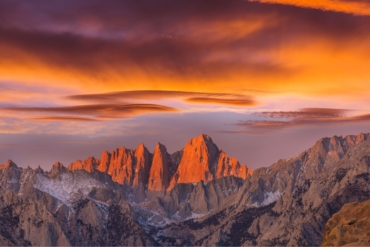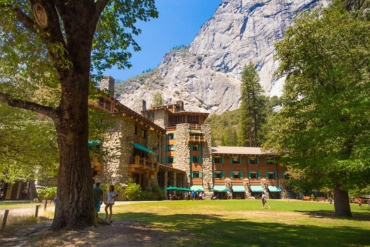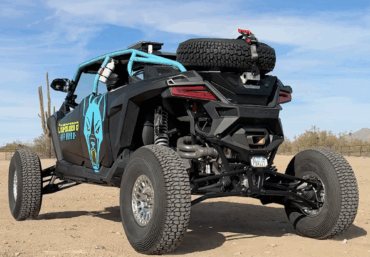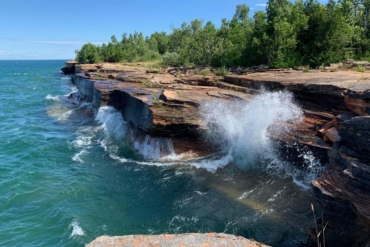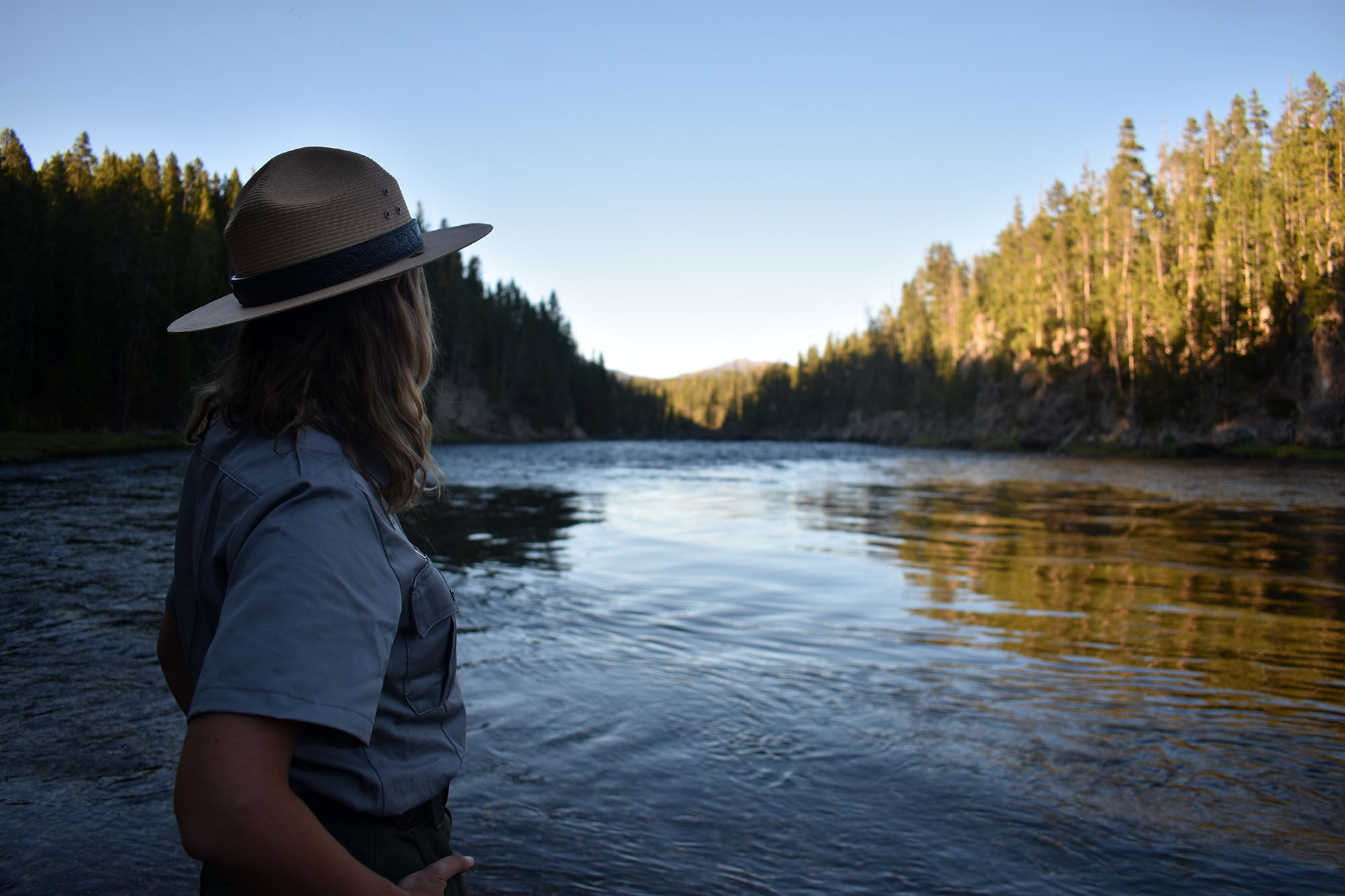In Montana, it’s the season when political passions and rivers both run at full throttle. Perhaps more than any other place on earth, Montana rivers and elections tend to merge into roiling whitewater.

Political newcomer Greg Gianforte, running to unseat Democratic Gov. Steve Bullock, blundered into the rapids and over his head recently. When his opponents learned that the Bozeman Republican had earlier filed a lawsuit to shut down a public fishing-access site near his riverside estate, they smelled blood in the water.
Across the arid West, politicians fight over water. But those disputes usually center around who gets to drink it or divert it to irrigate crops. In Montana, the fight is all about who gets to access water in order to play in it.
As Norman Maclean famously put it: In Montana families, there is no clear line between religion and fishing. The right to go fishing in our famous trout streams – or even to go splashing down one in an inner tube on a hot summer day with a cooler full of beer – is considered sacred. It’s one of those things that makes Montana, Montana.
That sensibility is reflected in Montana’s liberal river-access laws. Basically, anyone can float a navigable river by putting a boat in the river at a bridge or river-access site. The property owners on either bank can only wave as you float past, or even as you pull ashore for a picnic. As long as you stay between the high-water marks, don’t litter or start a fire, you’re good to go.
Not surprisingly, some property owners are not fond of this tradition. And to be fair, some recreationists abuse it.
When monied folks pay top dollar for a big riverfront fishing property, they sometimes find it annoying to have to share it with the masses. But every time politicians have tried to jigger with Montana’s stream access law, angry mobs of fly fishermen, duck hunters and kids with water noodles shout them down.
Here’s where candidate Gianforte comes in. The Republican is a highly successful businessman who, like others before him, set up shop in Bozeman. He campaigns on his business acumen and his sportsmen’s values, as well as social and fiscal conservatism.
But Gianforte’s past has risen to the surface like a drowned steer. This week, the anonymous blogger “Montana Cowgirl” published press clippings from a 2009 lawsuit that Gianforte’s wife and company filed against the Montana Department of Fish, Wildlife and Parks.
The suit demanded the state close a traditional fishing-access site near their property. The wildlife department had long held an easement on the property, which allows small watercraft to reach the Gallatin River. The Gianfortes, however, had fenced off the fishing access site even before they filed a lawsuit to nullify the easement.
Eventually, the suit was settled, and not in the Gianfortes’ favor. The fishing access site remains, the fence has been restored, and the agency agreed to be more aggressive in controlling weeds.
But the damage was done, and Gianforte is in a deep credibility hole. Publicly, he promises to be the sportsmen’s friend and defend Montana’s public access laws. Privately, he once sued to lock out the public from one of Montana’s prized rivers, in order to protect his personal interests. It will be interesting watching the verbal gymnastics as Gianforte tries to square those two positions.
It’s not the first time river access has caught Montana politicians off guard. In his first year in the U.S. Senate, Republican Steve Daines made some less-than-flattering comments about the federal Land and Water Conservation Fund, which has provided funding for the lion’s share of river access sites in the Big Sky State. Those comments unleashed a flood of criticism, prompting Daines to suddenly become one of the Conservation Fund’s staunchest Republican advocates.
Meanwhile, the Montana commissioner for political practices recently publicized the fact that a handful of large property owners had poured large sums of money into political action campaigns that promoted a candidate for the Montana Supreme Court. It turned out that those dark money donors had cases in front of the court challenging Montana’s stream access laws.
Elsewhere in the West, folks are fond of the adage that “whiskey is for drinking; water is for fighting over.” In Montana, a more apt saying might be: Water is for fishing and access is for fighting over.
Ben Long is a contributor to Writers on the Range, an opinion service of High Country News (hcn.org), where this article originally appeared. He works for the nonprofit Resource Media in Montana.

